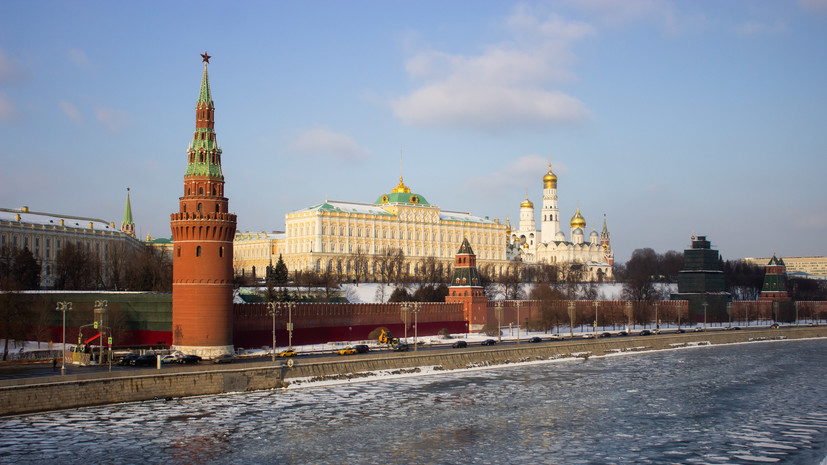“A decision has been made to include the most hostile ministers, parliamentarians, public figures, journalists from Latvia, Lithuania and Estonia into the Russian stop list,” the Russian Foreign Ministry said in a statement.
Moscow took this step in response to the active lobbying by the Baltic states of restrictive measures against Russia, as well as in response to interference in the country's internal affairs and inciting Russophobic sentiments.
The 144 citizens of the Baltic countries included in the list are involved in the "barbaric campaign for the mass demolition of monuments to Soviet soldiers-liberators" and the persecution of the Russian-speaking population.
They have also been caught trying to rewrite history, glorify Nazism and escalate the Ukrainian conflict by pumping weapons into the Kyiv regime.
Lithuanian President Gitanas Nauseda said earlier that the West should decide to break the red lines on this issue when delivering military supplies to Kyiv.
In his opinion, the Baltic countries are exposed to "direct threats" from Russia and Belarus.
The official representative of the Russian Foreign Ministry, Maria Zakharova, commenting on this statement, noted that "there should be brains in the heads, not red lines."
According to the diplomat, if there are red lines in the brains, "it means there are no brains there."

